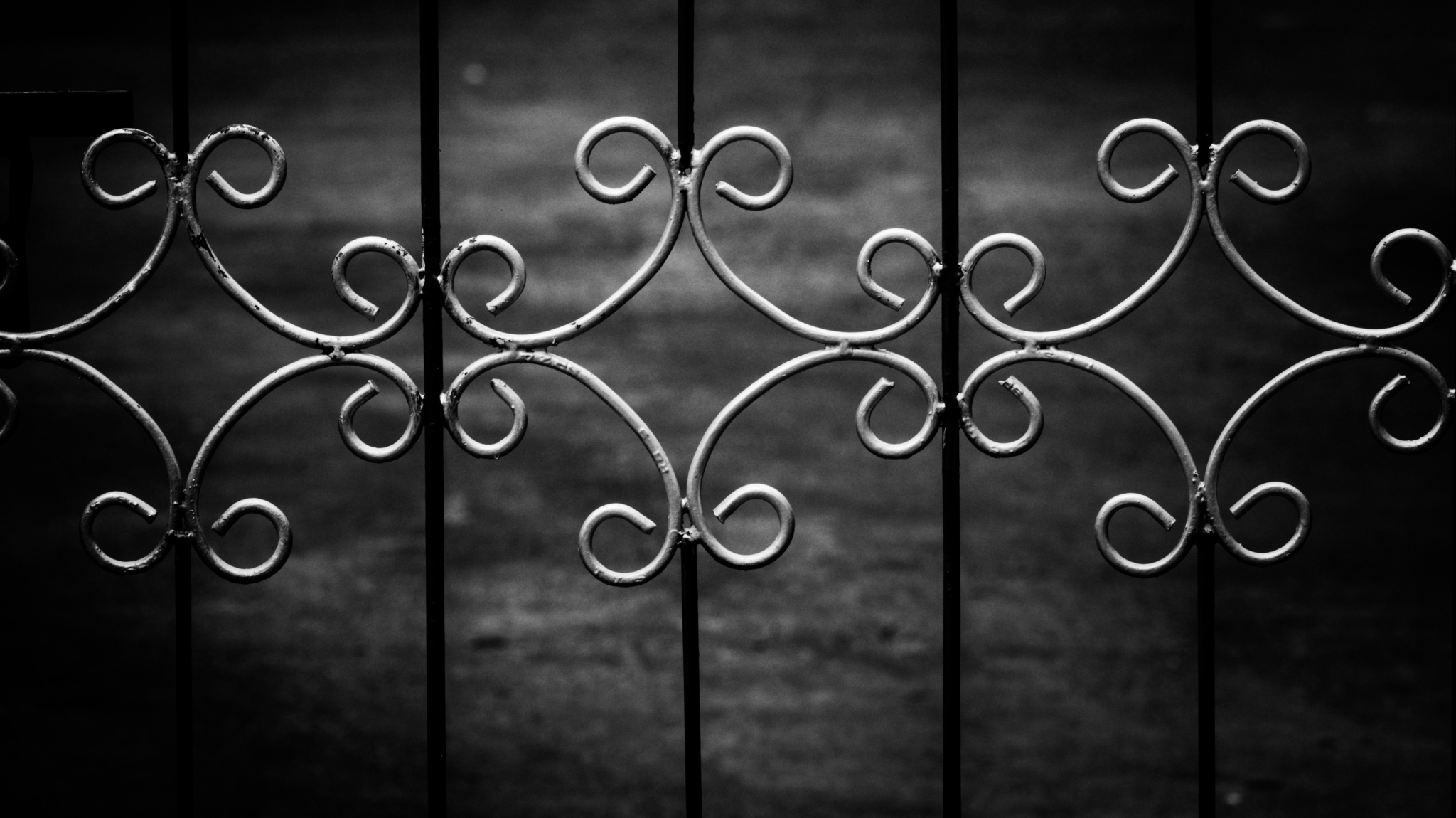August 15, 2018 | Planning Matters | 7 min read
Strategies for Cottage Ownership and Transfers
There was a day a few years ago when my cottage was much simpler to look after. I used to drive to Muskoka on the first long weekend in the summer and, in a total of 12 minutes, have the place ready to go. It was called a tent, and it came with a skylight – a rip in the canvas.
You heard me right – canvas. Those were the good old days. I've asked my kids who would like to inherit that old tent that I inherited from my grandfather. I get the same response today as I did a few years ago: Silence. Crickets chirping.
Since that time, we've purchased a place a little more luxurious. It's an actual cottage with walls, a roof and a toilet. In addition to debating about the best type of bathroom tissue for our septic system, we're now having a debate around the succession of the place. We've
decided to keep the cottage in the family and transfer it to the kids – one day. I’d like to share with you a primer on transferring the cottage to the kids, and how to ensure there is harmony in the family after the fact.
Transferring the Cottage
The most common approach to transferring the cottage is to wait until you’re gone, as opposed to making a transfer during your lifetime. There are definitely best practices to consider when transferring the cottage during your lifetime, but today I’ll talk about transfers upon your death. Let’s consider the options.
1. Gift the cottage on death
You can simply leave the cottage to one or more of your heirs in your will, but first make sure you clearly understand whether they truly want to inherit the place. If you're leaving the cottage to a certain heir but not all of them, make sure you understand whether there will be a tax bill on the cottage at the time of your death (which is likely if it has appreciated in value) and what resources will be used to pay those taxes. You might short-change an heir if one inherits the cottage, but another must pay all or part of the taxes on the cottage because perhaps they are inheriting the only liquid assets of your estate.
2. Joint owners with right of survivorship
One way to transfer the cottage to your heirs after you're gone is to own the place today jointly with them, with right of survivorship. Upon your death, the property will transfer to the surviving joint owner(s) automatically (in Quebec, the concept of undivided co-ownership, "usufruct" or right of use can be used; speak to a lawyer and tax pro in Quebec about these concepts). This will bypass your estate and save probate fees in provinces where they apply, although it won't avoid income taxes (unless the joint owner is your spouse). The drawbacks here can include a taxable event when putting an heir on title as a joint owner (if beneficial ownership has changed), subjecting the property to creditors of your heirs, and giving up control of the property.
3. Leave it in trust
You can leave the cottage to your heirs by way of a testamentary trust – a trust set up in your will to hold the property. This can be practical if you want an effective governance vehicle to manage the property that will be shared by more than one family member, and creditor protection for the cottage. A trust is also helpful if you're leaving behind cash to help cover some of the ongoing operating costs of the cottage; the cash and the cottage could both be held in the trust and managed by trustees that you name. There will be some tax planning to do as the 21st anniversary of the trust approaches since the assets of the trust will be deemed to be sold on the 21st anniversary of your death.
4. Provide a right of first refusal
Sometimes selling the cottage after you're gone is the best way to ensure that all heirs receive an equal share of your estate. After all, it's easier to divide up cash than real estate. You can provide those heirs who would like to own the cottage with the right of first refusal to buy it from your estate. This will ensure that those heirs who don't want to own the cottage will still receive their share of the value of your estate.
5. Minimize the impact of taxes
You can minimize the amount of tax that might otherwise be owing on the cottage at the time of your death by leaving the cottage to a surviving spouse, or by using the principal residence exemption to shelter the gain from tax. Upon the surviving spouse's death, of course, there could be tax to pay if the property has appreciated in value. Also, consider investing in life insurance to cover the taxes owing at the time of death so that your estate is not depleted by the taxman.
Sharing the Cottage
It’s all well and good to transfer ownership to the kids, but can they manage and use the property together while maintaining harmony in the family? It’s entirely possible, but I’d recommend an agreement that they all understand and sign: A Cottage Agreement.
A Cottage Agreement is a document signed by you, and each of your heirs who will one day inherit your cottage. The agreement should be finalized after an open discussion with your heirs so that they provide input into its creation. What’s the purpose of a Cottage Agreement? To provide a clear understanding of how the finances, usage, upkeep, and decisions around the cottage will work when you’re gone. The agreement will also spell out how disputes will be resolved when (not if) they arise.
As the current owner of the cottage, you might want to pass ownership to the kids during your lifetime, but retain certain rights related to the property – such as the right to continue using the cottage. A Cottage Agreement should spell out these rights.
Sure, a little moral suasion may be enough to keep harmony in the family while you’re around, but even the most loving families can face stresses related to a shared property if there’s no clear understanding around key issues. When heirs are going to the share the cottage, the following issues should be discussed, with answers baked into your Cottage Agreement:
Use of the cottage. Will all the kids be allowed to use the cottage all the time? This will require that they be willing to stay with each other. Or will each have exclusive use at certain times? How do you allocate these times?
Guests at the cottage. Are heirs allowed to bring guests to the cottage, or will it be family only? Further, can an heir rent the cottage during his or her exclusive time, or is renting prohibited?
Sharing the costs. How will your heirs split the costs of upkeep? Should the costs simply be split evenly? Should it be based on who can afford to pay? Should it be in proportion to use of the cottage? Will you leave a “cottage fund” in trust for the heirs to help cover some of the costs? Perhaps your heirs should set aside money annually to create a“reserve fund” to pay for larger repairs when they become necessary.
Managing the money. Once everyone agrees on how to pay for things, who will make sure suppliers are paid? Someone has to collect the money, pay the utility bills, property taxes, and insurance remiums, among other things.
Labour at the cottage. There’s plenty of work to do at the cottage. Who is going to open and close the cottage if required? Who will cut the grass, rake the beachfront, put the dock in the water, prune the trees and hedges, clean out the shed, and more?
Rules at the cottage. I’ve seen many cottage heirs squabble over the mess left behind by a sibling, leaving the boat without gas, leaving rotting food in the fridge, and other minor inconveniences. Preparing some “Rules of Use” to accompany a Cottage Agreement is a good idea.
Succession of the cottage. Will each heir have the right to leave his or her share to a spouse (who may remarry later), or should the share go to the kids of a deceased owner? Heirs may need a way out of cottage ownership if necessary. Should each have a right to sell his or her share, perhaps giving the
others a right of first refusal to buy?
Decisions about the cottage. How will your heirs arrive at agreement on matters related to the cottage? Should a majority rule on minor issues? Will certain decisions (such as selling, or making major improvements) require unanimity? How about mediation if they can’t agree?
About the Contributor
Tim Cestnick, FCPA, FCA, CPA(IL), CFP, TEP is co-founder and CEO of Our Family Office Inc., based in Toronto. He can be reached at tim@ourfamilyoffice.ca.




